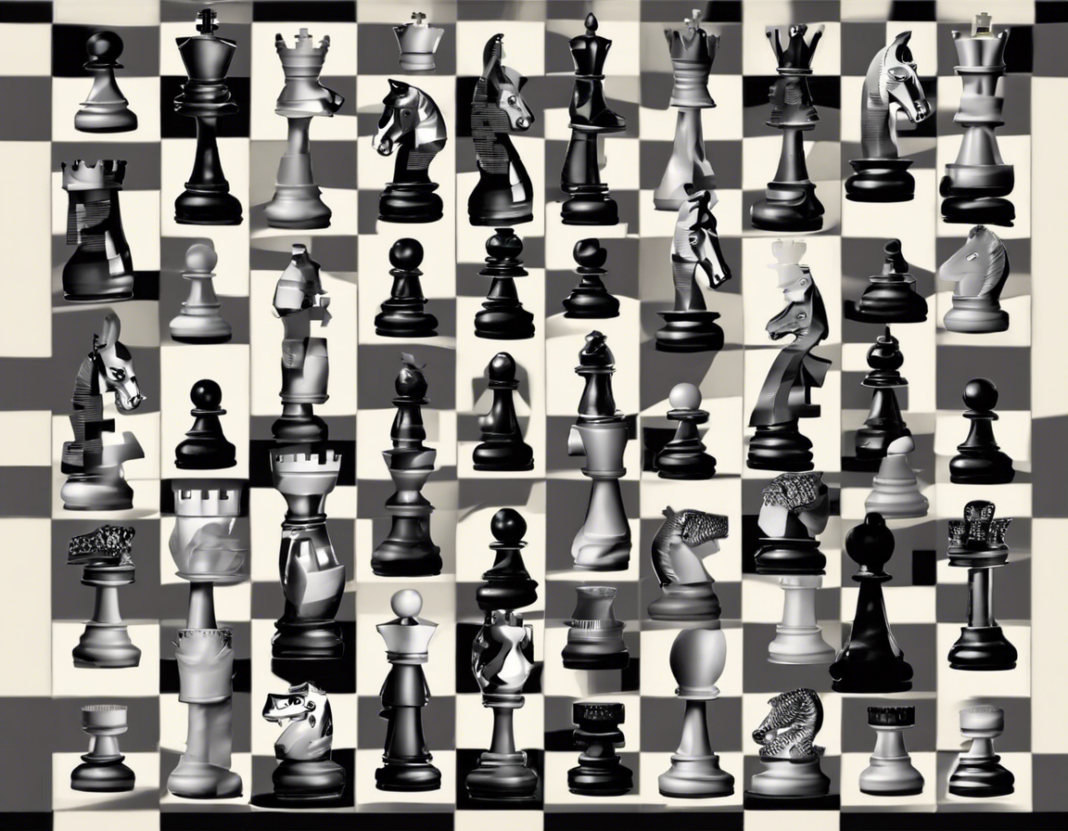Chess is a game of strategy that has been played for centuries, captivating minds and challenging players to think several moves ahead. For those who take the game seriously, analyzing chess results can offer invaluable insights into their gameplay, strengths, and areas for improvement. In this article, we will delve into the world of chess results analysis and uncover the winning strategies that can help players elevate their game to the next level.
Understanding Chess Results Analysis
Analyzing chess results involves reviewing past games to identify patterns, trends, and crucial moments that influenced the outcome. By examining victories, defeats, and draws, players can gain a deeper understanding of their playing style, tactics, and decision-making process. This analytical approach allows players to pinpoint their strengths and weaknesses, enabling them to make informed adjustments to their game.
Key Metrics in Chess Results Analysis
When conducting chess results analysis, players can focus on several key metrics to gain valuable insights:
1. Opening Repertoire:
- Evaluate the success rate of different openings.
- Identify variations that lead to favorable positions.
- Determine openings that suit your playing style.
2. Tactical Proficiency:
- Review tactical opportunities seized or missed.
- Analyze combinations and sacrifices that led to victories.
- Identify tactical patterns to exploit in future games.
3. Endgame Mastery:
- Assess endgame positions and outcomes.
- Study endgame techniques and strategies utilized.
- Improve calculation skills for endgame scenarios.
4. Positional Understanding:
- Evaluate pawn structures and piece placement.
- Analyze plans and maneuvers executed during games.
- Identify positional weaknesses and strengths.
Strategies for Improving Chess Performance
Based on the insights gained from chess results analysis, players can implement the following strategies to enhance their performance:
1. Targeted Practice:
- Focus on improving specific areas identified through analysis.
- Work on tactics, endgames, or openings that need refinement.
- Incorporate targeted practice sessions into your training regimen.
2. Learn from Grandmasters:
- Study games and annotations of top-level players.
- Analyze their decision-making process and strategic thinking.
- Incorporate successful strategies into your own gameplay.
3. Play Regularly:
- Engage in practice games, tournaments, and online matches.
- Gain practical experience and test strategies in real-time.
- Build resilience and adaptability through consistent play.
4. Seek Feedback:
- Discuss games with experienced players or coaches.
- Solicit feedback on critical moments and positional evaluations.
- Embrace constructive criticism to accelerate your improvement.
5. Review and Reflect:
- Continuously analyze your games to track progress.
- Reflect on decisions, mistakes, and alternative possibilities.
- Maintain a growth mindset and learn from every game played.
Frequently Asked Questions (FAQs) on Chess Results Analysis
1. How often should I analyze my chess results?
- It is recommended to analyze your chess results after every game or tournament to capture immediate learnings and insights for improvement.
2. What tools can I use for chess results analysis?
- Popular tools for chess results analysis include Chess.com’s analysis board, Lichess, Stockfish engine, and chess databases like Mega Database.
3. Is it beneficial to analyze both wins and losses?
- Yes, analyzing both wins and losses provides a holistic view of your gameplay, allowing you to identify patterns, mistakes, and successful strategies.
4. How can chess results analysis help me in preparation for tournaments?
- By analyzing your chess results, you can tailor your preparation by focusing on specific openings, tactics, or endgames that have proven effective in previous games.
5. Should I seek professional coaching for chess results analysis?
- Professional coaching can provide expert insights, strategic guidance, and personalized feedback to accelerate your improvement based on chess results analysis.
In conclusion, chess results analysis serves as a powerful tool for players seeking to enhance their gameplay, learn from their experiences, and refine their strategic approach. By delving into past games, identifying patterns, and implementing targeted strategies, players can elevate their performance and unlock their full potential on the chessboard. Remember, consistency, adaptation, and a growth mindset are key to continued growth and success in the world of chess.




